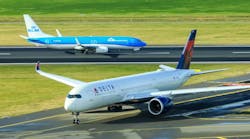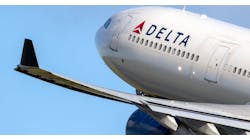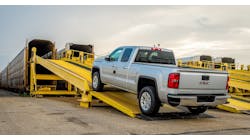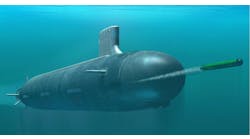About 33,000 International Assn. of Machinists and Aerospace Workers have been on strike at Boeing operations in Renton and Everett, Wash., since early on September 13, having rejected the contract proposal agreed to by the union and the manufacturer.
The failure of the agreement will mean more unrest for the Boeing Commercial Airplanes segment, which is operating below capacity and under regulatory oversight due to the production flaws in the 737 MAX program. And the manufacturing delays have slowed deliveries of new aircraft, which has undercut Boeing’s revenues.
The union’s rejection was overwhelming – a 94.6% majority of voting workers, who simultaneously approved the motion to strike by 96% – which an IAM official attributed to workers’ frustration over concessions they have made since the last contract was negotiated in 2008, with wage stagnation and recent changes in the company’s bonus provisions, and with the ongoing uncertainty surrounding Boeing’s West Coast operations.
“This is about respect, this is about the past, and this is about fighting for our future,” IAM District 751 President Jon said in announcing the strike.
The striking workers are mainly involved in assembling the 737 MAX, 747, and 777 programs, though some others in Boeing Defense operations in California and Oregon, and in Global Services and Corporate operations are affected too.
Once the strike began, Boeing offered statement: “The message was clear that the tentative agreement we reached with IAM leadership was not acceptable to the members. We remain committed to resetting our relationship with our employees and the union.”
The proposed agreement would have raised workers’ average annual income 25% over the term, from $75,608 currently to $106,350 after four years. Each worker would also have received a $3,000 lump sum payment, a $4,160 contribution to their 401(k) retirement accounts, and their individual shares of the health care package would have been reduced.
Boeing also sought to address the union members’ questions about its commitment to the region by stipulating it would build its next aircraft series – referred to as the Boeing 797 – in the Pacific Northwest. But that project has been rumored and hinted at for almost a decade and Boeing has never clarified its intentions for the design.
“For Boeing, it is no secret that our business is in a difficult period, in part due to our own mistakes in the past,” Boeing’s new CEO Kelly Ortberg said in a message to workers prior to the vote. “Working together, I know that we can get back on track, but a strike would put our shared recovery in jeopardy, further eroding trust with our customers and hurting our ability to determine our future together.”






